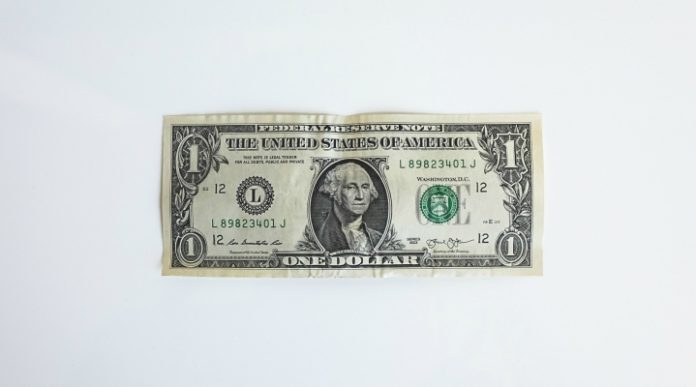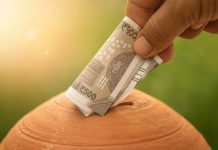The pound plummeted against a resounding dollar, falling to a low of 1.3510 on late afternoon yesterday. This was the pound at its lowest in the last several days, versus the dollar. Subsequently, it rose marginally, to about 1.3538 but still remains weak compared to a strong dollar.
| What do these figures mean? |
|---|
|
When measuring the value of a pair of currencies, one set equals 1 unit and the other shows the current equivalent. As the market moves, the amount will vary from minute to minute. For example, it could be written: 1 GBP = 1.28934 USD Here, £1 is equivalent to approximately $1.29. This specifically measures the pound’s worth against the dollar. If the US dollar amount increases in this pairing, it’s positive for the pound. Or, if you were looking at it the other way around: 1 USD = 0.77786 GBP In this example, $1 is equivalent to approximately £0.78. This measures the US dollar’s worth versus the British pound. If the sterling number gets larger, it’s good news for the dollar. |
UK government’s cabinet reshuffle continues to weigh on the sentiment for the pound. Prime Minister Theresa May seems to have been losing her grip on the political scenario. The ex-Secretary of Education, Justine Greening resigned from her role in government after refusing a a new cabinet position by Theresa May. The resignation stoked rumors that UK is preparing for a hard Brexit as Greening was one of the cabinet members who advocated a “soft Brexit”. Investors will continue to keep a close watch on developments in May’s cabinet as the deadline for arriving at a trade deal with EU keeps getting closer and closer.
| Why is a “soft” Brexit better for sterling than a “hard” Brexit? |
|---|
| A soft Brexit implies anything less than UK’s complete withdrawal from the EU. For example, it could mean the UK retains some form of membership to the European Union single market in exchange for some free movement of people, i.e. immigration. This is considered more positive than a “hard” Brexit, which is a full severance from the EU. The reason “soft” is considered more pound-friendly is because the economic impact would be lower. If there is less negative impact on the economy, foreign investors will continue to invest in the UK. As investment requires local currency, this increased demand for the pound then boosts its value. |
The strength of US dollar against the pound seems to come from remarks from US Federal Reserve officials hinting towards an interest rate hike. According to a report by Market Watch, Atlanta Fed President Raphael Bostic said on Monday said the Fed should keep raising short-term interest rates. Another Fed President, of Cleveland, Loretta Mester reportedly said that a strong US economy and low unemployment level make a case for 4 rate hikes in 2018. As a result of this increased optimism towards rate hikes, the dollar rallied.
Today also sees some important economic data coming out of the UK in the form of manufacturing production index, gross domestic product and trade balance figures. All three of these data points are important for the value of the pound but investors will give exclusive attention to manufacturing production numbers. Manufacturing accounts for 80% of overall industrial production in the UK and a higher than expected reading will most likely be pound-positive.
Today the US is also set to see the release of data concerning crude oil inventories. This data measures change in the number of barrels of crude oil that are held by firms in US. This level of inventories influences price of petroleum, which in turn has an impact on inflation. Therefore, investors will keep a close eye on these numbers.
| Why does strong economic data boost a country’s currency? |
|---|
| Solid economic indicators point to a strong economy. Strong economies have strong currencies because institutions look to invest in countries where growth prospects are high. These institutions require local currency to invest in the country, thus increasing demand and pushing up the money’s worth. So, when a country or region has good economic news, the value of the currency tends to rise. |
|
This article was initially published on TransferWise.com from the same author. The content at Currency Live is the sole opinion of the authors and in no way reflects the views of TransferWise Inc. |





